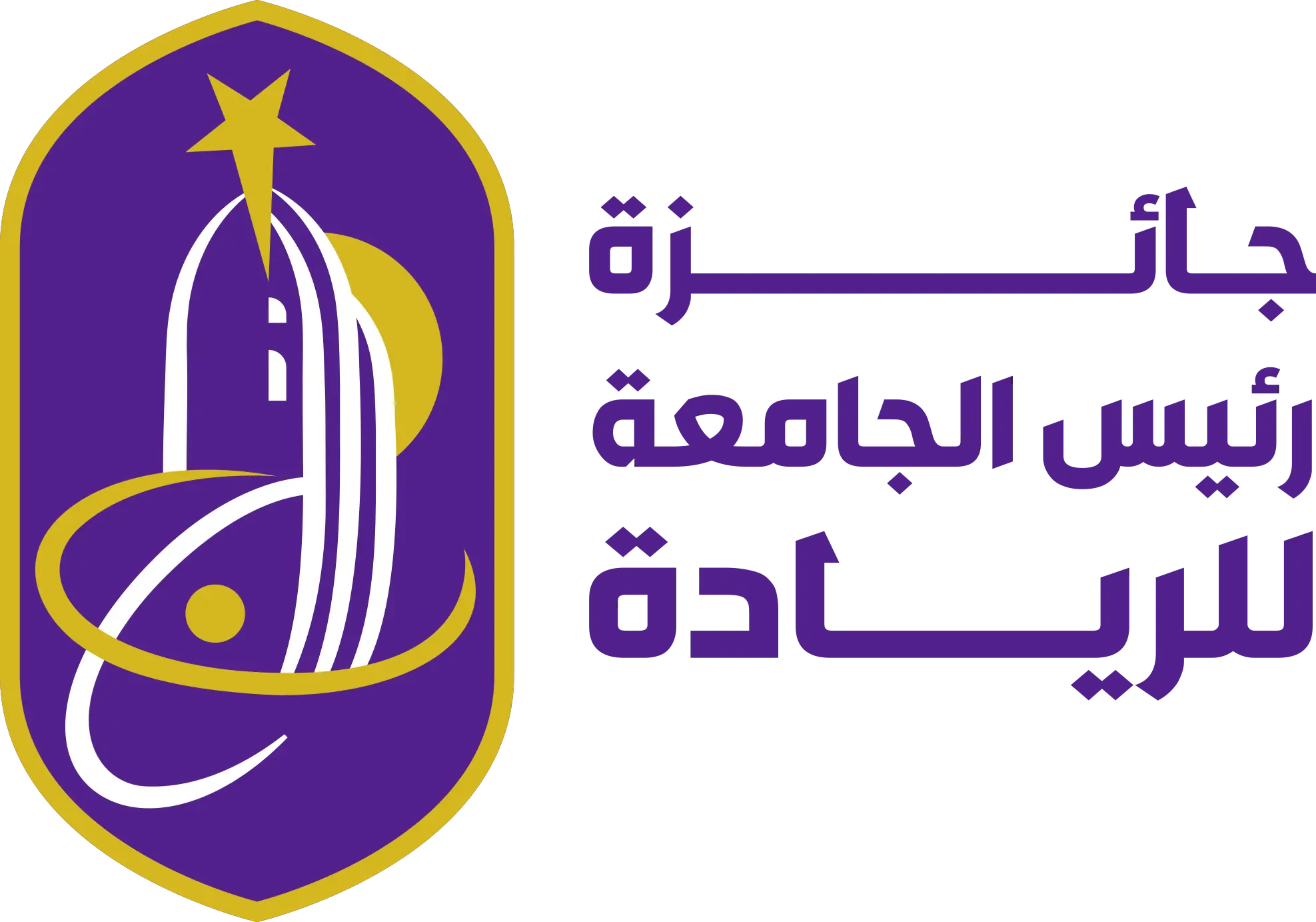1- Develop the operational plan for the program, follow up on its implementation, and write periodic reports on the rate of achievement of the goals and plan indicators.
2- Prepare the main performance indicators for the program and the related improvement plans and approve them by the College Council.
3- Review the annual plans of the departments, units, and committees before submitting them for approval to the College Council.
4- Supervise and coordinate with the committees, units, and departments of the college in managing the program.
5- Participate in preparing the annual report for the program in cooperation with the Quality Unit at the college.
6- Respond to all programmatic and institutional accreditation requirements in cooperation with the Quality Unit at the college.



